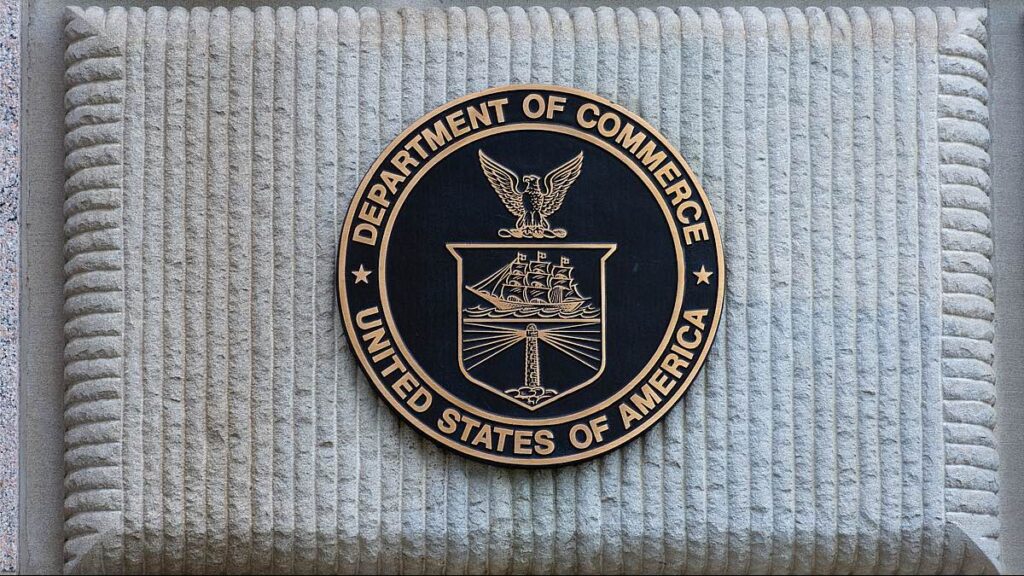
In September 2021, the U.S. Department of Commerce (DOC) issued a Request for Information (RFI) to collect data concerning the intensively heightened chip shortage following the Covid-19 pandemic.
In its findings, the DOC revealed that it is expecting the chip shortage to last another six months, well into mid-2022. The RFI’s report evidenced that the ongoing chip shortage was led by a “perfect storm” of factors, resulting in its current escalation. Some of the most damaging factors are the escalating scale of demand, predominant since 2020, followed by a more considerable demand in 2021 led by Covid-19’s amplified sales of electronics.
The survey of semiconductor chip producers and users reveal an extended shortage based on a voluntary survey of 150 companies last fall, confirming “there is a significant, persistent mismatch in supply and demand for chips, and respondents did not see the problem going away in the next six months,” the report stated.
Gina Raimondo, Commerce Secretary, informed reported that the DOC “in a few instances didn’t get what we needed and we’re going to go company by company and do personal engagement and get what we need.”
Raimondo added that in November, she had gotten into talks with “all of the CEOs in the supply chain – including Samsung, TSMC, SK, and all of the CEOs have pledged to me that they will be submitting robust and complete data flows to us.”
The semiconductor crisis has imposed particular challenges to many companies and governments in Asia; however, the same institutions expressed concerns about the data request. In this case, Raimondo reinstated that the DOC could appeal the legality of its authority to get the results the department seeks.
In response to the survey, Taiwan’s Economy Ministry restated that Taiwanese companies are currently working on delivering chips and aligning with “important international business partners” to empower supply chains.
“The Ministry of Economic Affairs and our country’s chip makers attach great importance to cooperation with like-minded partners and will continue to work together o build a safe, trustworthy and resilient supply chain, which should be able to alleviate market growth demand in the next few years gradually.”
This means that now, the U.S. has the power to demand answers from certain foreign semiconductor companies concerning specific details about the chip market.
On Tuesday, Raimondo refrained from revealing which companies did and did not comply with the demands, adding the department will be shoring its survey’s result with foreign governments.
Asia’s largest contract chipmaker and one of its most valuable listed companies, TSMC, declined to comment on the matter to Reuters.
The DOC also uncovered that it had encountered some high prices for some chips adopted by automakers and medical device manufacturers, saying it will “engage industry on node-specific problem-solving in the coming weeks. We will also look into claims about unusually high prices in these nodes.”
“Demand for chips is high. It is getting higher,” Raimondo said, emphasizing a high growth in demand, reaching 20 percent compared to 2019. Adding, “there is not a lot of good news.”.